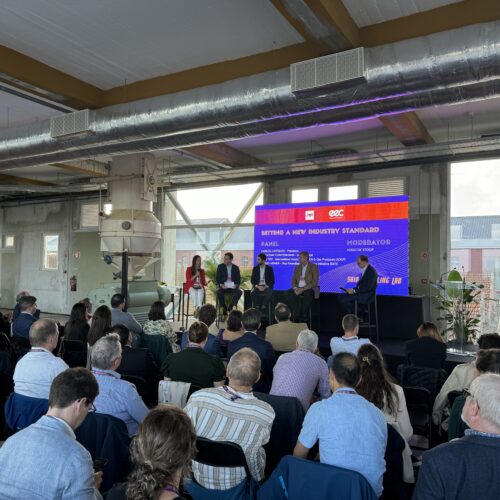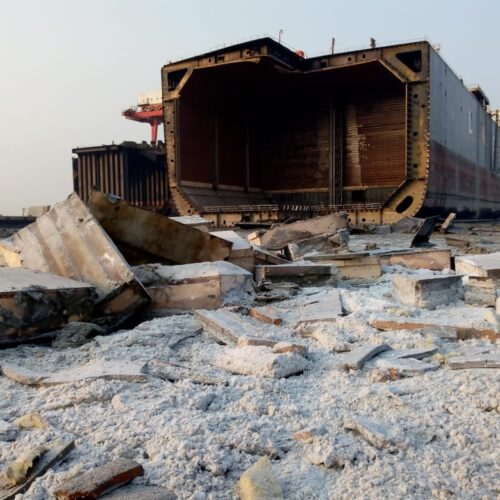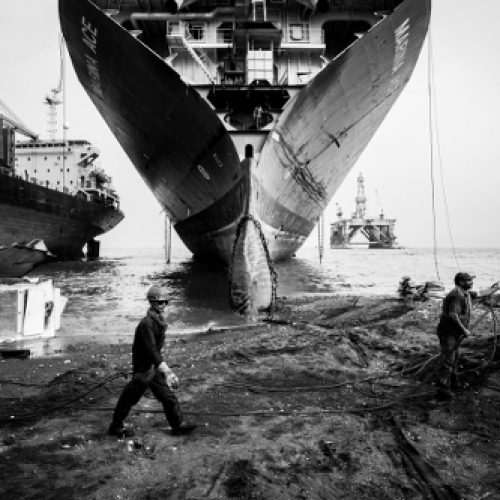Platform News – Global ban on exporting hazardous waste to developing countries becomes law
The Basel Ban Amendment, adopted by the Parties to the Basel Convention on the Control of the Transboundary Movement of Hazardous and Their Disposal in 1995, became international law on December 5 last week. This amendment, now ratified by 98 countries, and most recently, by Costa Rica, prohibits the export of hazardous wastes from member states of the European Union, Organisation for Economic Cooperation and Development (OECD), and Liechtenstein to all other countries. This agreement is now a new Article (4a) of the Basel Convention.
The many countries and organisations that helped create the Basel Ban Amendment, including the Platform’s member organisation Basel Action Network (BAN), can celebrate their persistence. In view of the continuing export of unwanted electronic wastes, plastic wastes and end-of-life vessels from the Global North to highly-polluting operations in Asia and Africa, the ban is seen as relevant today as it was 30 years ago when ships loaded with barrels of toxic waste left their deadly cargo on the beaches of African and Latin American countries.

Despite the achievement of the Ban Amendment, powerful industries - currently, the electronics and shipping industries - are now trying to change the definition of that to which the Ban applies. They do so in order to exempt their products from the legal restraints imposed by the Convention and the Ban.

Likewise, the shipping industry has run screaming from their Basel responsibilities for old obsolete ships to create its own Hong Kong Convention, designed specifically to perpetuate the dumping of toxic vessels on South Asian beaches.
Further, noticeably absent from the list of countries having ratified the ban is the United States, Canada, Japan, Australia, New Zealand, South Korea, Russia, India, Brazil, and Mexico.

Related news

Platform News – Maersk incited business partner to opt for worst breaking practices for 14 ships
A third report by the investigative journalists of Danwatch, “Maersk and the shadowy deals”, reveals that the Danish container ship giant has incentivised the sale of 14… Read More

Platform publishes South Asia Quarterly Update #32
Eight workers suffered an accident on South Asian beaches in the last quarter of 2022.
... Read More
Press Release – Ship Recycling Lab’s 2nd Edition: when ethical leadership and cutting edge technology meet, sustainable ship recycling is on the horizon!
Over 100 participants met in Lisbon on 9-10 October.
... Read More
Platform publishes South Asia Quarterly Update #37
Eight workers suffered an accident on South Asian beaches in the first quarter of 2024.
... Read More
Platform publishes South Asia Quarterly Update #20
There were a total of 122 ships broken in the third quarter of 2019. Of these, 73 ships were sold to the beaches of South Asia for dirty and dangerous breaking.
... Read More
Press Release – The Hong Kong Convention provides no roadmap for sustainable ship recycling
Today, the Hong Kong International Convention for the Safe and Environmentally Sound Recycling of Ships (HKC) officially enters into force.
... Read More
